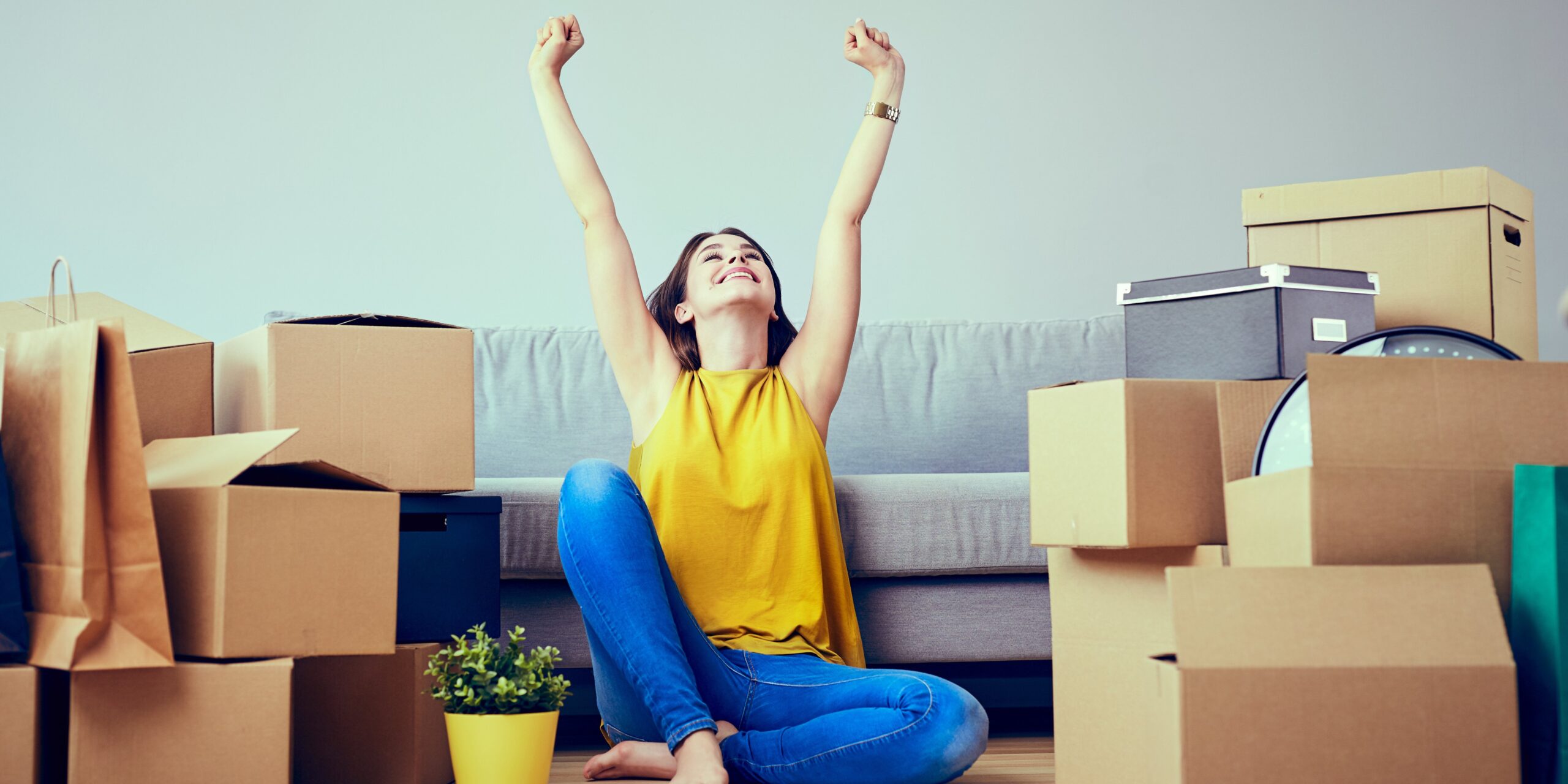You’ve been saving for a while, and you’re finally ready to move out of your apartment and take the leap to home ownership. Becoming a first-time homeowner is both an exciting and a stressful process, but the payoff is well worth it once all the papers are signed and the keys are in your hands. Be sure to read on for some useful tips for preparing for home ownership and what to expect once you move in.
Chances are, you’ve been renting from a landlord who was on the hook for minor repairs and major upgrades, not to mention yardwork and a lot of other upkeep. Now, all those tasks fall on you.
Set Some Money Aside
A good rule of thumb is to set aside one percent of your home’s purchase price per year for maintenance. So, if for example, your home cost $300,000, you should put aside $3,000, or about $250 a month, for home repairs. If you’re buying a new construction home, you shouldn’t have major repairs right away and you’ll likely have a new home warranty covering any maintenance costs. By saving this money now, particularly if you’re moving into an existing home, you won’t have any surprises if a hot water heater breaks or if you need a new roof down the line.
Inspect Before You Buy
A proper inspection of your new home will alert you to problems that already exist. There shouldn’t be any issues in a new construction home, and, if anything, only minimal issues in an existing home, but an inspection can ensure that everything is installed properly or that you can negotiate with the seller for any minor repairs to be incorporated into the purchase price.
Stay on Top of Maintenance
This doesn’t just mean keeping up with yard work and cleaning, even though they’re important. You’ll want to do an annual survey of your major appliances and know what they look like when working properly. Keep your eye on the roof or visible pipes as well – catching a problem early is key to preventing expensive repairs. Keep the name of trusted plumbers, HVAC repairmen, and electricians just in case.
Get a Hold of Your Finances
Finally, another major difference between renting and owning is the status of your finances. The first year you own a home, your taxes will become much more complex – so this might be the year you turn to a tax professional (if you don’t already do so). Second, start to budget. Chances are, you’re going to need to fill up your additional square footage with new furniture or electronics. Other things like lawn mowers, grills, and other seasonal products will be needed too, so make sure to comparison shop at the right time for a great deal.


